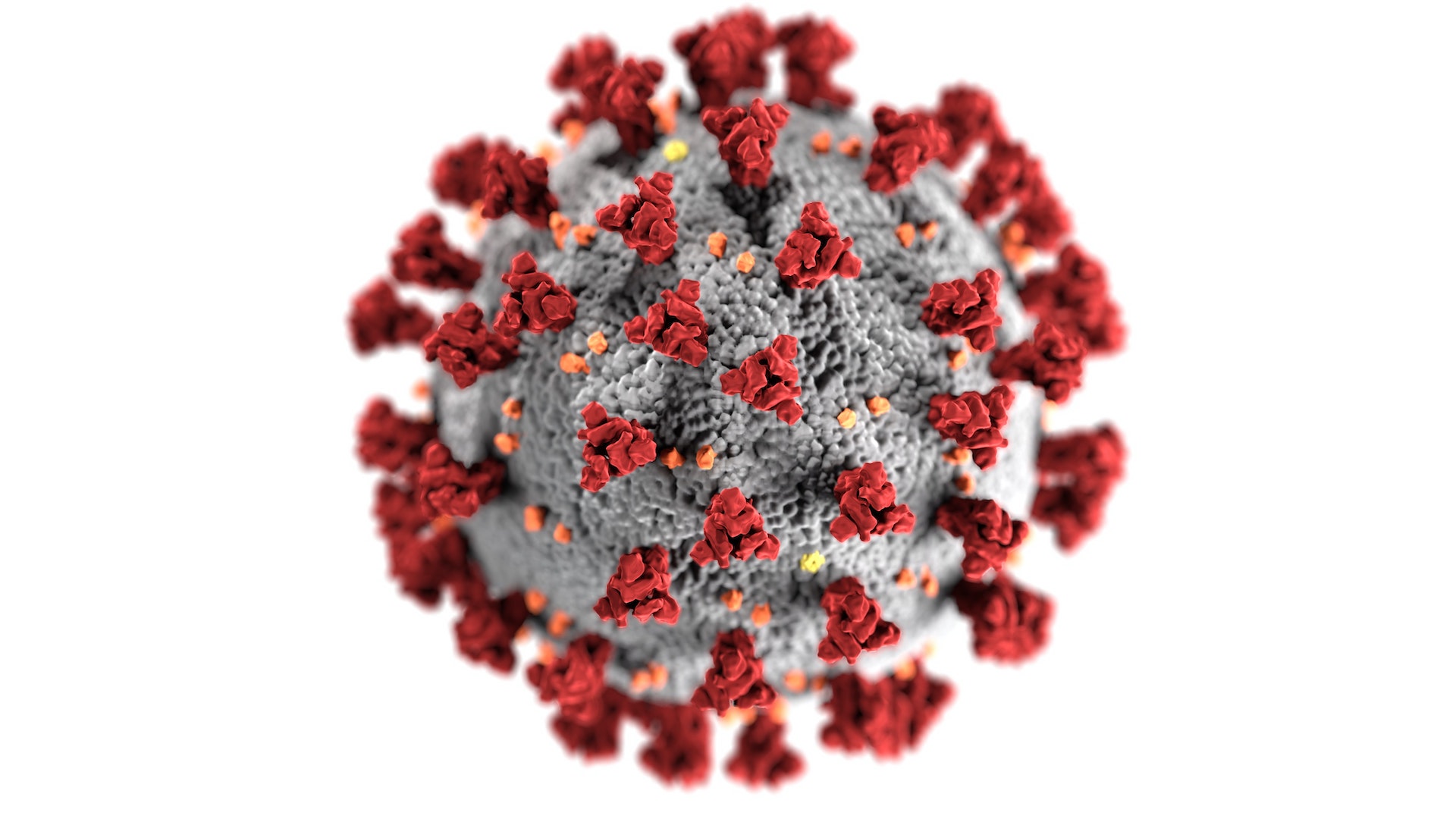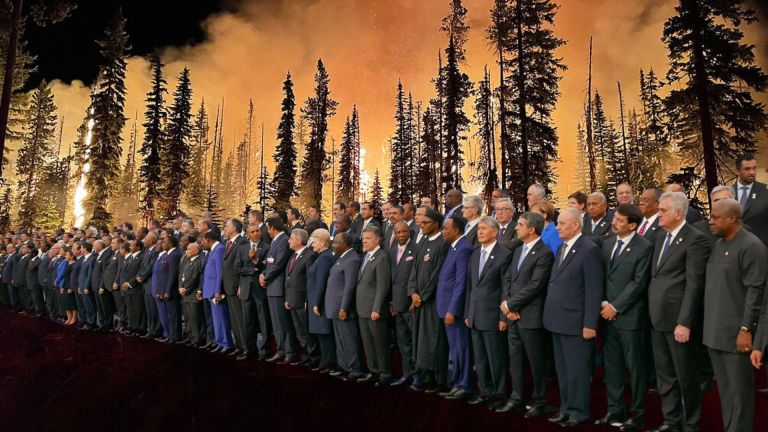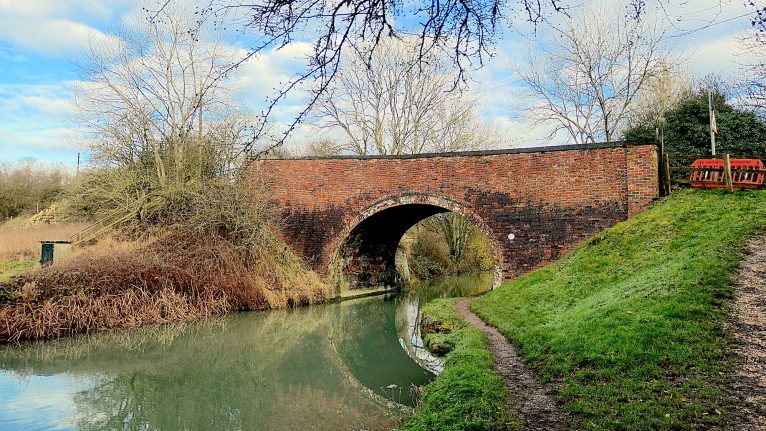“We can measure that in millions of lives now, at this point in the pandemic. That’s the toll of not listening to science.
“In the US and the UK we had leaders who didn’t embrace what the public health community was saying, then contracted Covid-19 themselves.
“But Boris Johnson came around after that, to an extent. He made a pivot that Trump never made.”
The Covid-19 crisis also raises fundamental questions about how we live sustainably on this planet.
“The fact that this microscopic virus can wreak havoc on the planet and civilisation the way coronavirus has done speaks to how vulnerable we are.
“There’s some evidence that these pandemics are being made more likely, more frequent and more devastating by environmental degradation.”
Advertising helps fund Big Issue’s mission to end poverty
The destruction of rainforests has been cited as a risk for unleashing further pandemics by researchers around the world including those at Greenpeace. It leads to greater contact between humans and exotic animals which normally wouldn’t come into contact, making the spread of novel diseases more likely.
But there are also lessons which “lead to some optimism,” said Mann, who argues that climate despair can be as counterproductive as climate denial.
Global carbon emissions fell by seven per cent in 2020. “That’s huge,” Mann said. “It was the biggest decrease we’ve seen in years and if we can keep that up we will be on a path to avoiding catastrophic warming.
“The challenge is keeping that up, of course, since much of that decrease was due to temporary lockdown policies. Reduced transportation, air travel and car use, working from home, people not doing business travel. They’re massive changes in our lifestyle that can only get us so far.
“It’s a tragedy. The decrease in carbon emissions has come at the expense of lives, into the millions around the world. And we’ll see even greater loss of life if we don’t use the time we have – and yes, we still have time – to avoid planet destruction.”
Advertising helps fund Big Issue’s mission to end poverty
The base starting point, and most effective method, for tackling the environmental emergency is simple, the scientist explains. Policymakers must regulate the fossil fuel industries to cut their emissions drastically while subsidising and offering incentives to clean, green energy suppliers.
The same powers which downplay the climate emergency (“the conservative media, the fossil fuel industry, who help spread misinformation and disinformation”) found it “convenient” to deny the threat of the Covid-19 crisis, Mann explained.
“Those same allies have, for decades, been attacking the science behind and trying to defeat efforts to act on climate change because it’s inconvenient to their own short term profits.”
The pandemic gave us insight into just how dangerous that is, the climatologist added, because it was a crisis “played out on an accelerated timescale”.
“Climate change denial is played out over decades, but this played out over less than a year,” Mann said.
“People were almost able to see in real time how misinformation spreads and how deadly it is. Maybe that provides us an opportunity to have a more constructive conversation about acting on the even greater crisis that we face.
Advertising helps fund Big Issue’s mission to end poverty
“Covid awakened us to the alarm around pandemics. But hey, we have these other alarms that are going off.
“It shows us clearly the need to act immediately and listen to what the science has to say. Before it’s too late.”
Read the full interview with Michael E Mann in this week’s Big Issue, available through our app on Android or iPhone or in shops from Thursday March 11.
The New Climate War by Michael E Mann is out now.





